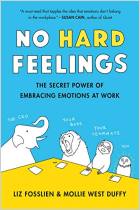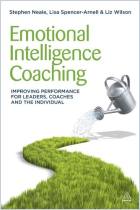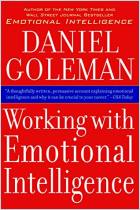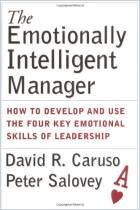
Emotional Intelligence for Managing Results in a Diverse World
The Hard Truth about Soft Skills in the Workplace
Recommendation
Feelings and emotions affect how people perform their jobs, of course, and shape the tenor of their workplaces. The impact and applicability of emotional intelligence (EI) at work is well established. If you’re ready for a more focused treatment, Lee Gardenswartz, Jorge Cherbosque and Anita Rowe offer this manual about the use of EI in working with and managing all kinds of people. They submit that dealing with human differences triggers a variety of emotions, many of which are counterproductive. They provide a four-part “Emotional Intelligence and Diversity Model” to help managers handle their emotions – and their diverse employees – effectively. The book includes an assortment of exercises, charts and quizzes to help raise your emotional intelligence. getAbstract finds that this quite specific guide is very useful for managers, particularly less experienced ones, whose workplaces present diversity challenges.
Summary
About the Authors
Lee Gardenswartz, Ph.D., is a diversity trainer and a principal in a management consulting company. Anita Rowe, Ph.D., is a diversity consultant and partner in the Emotional Intelligence and Diversity Institute. She and Gardenswartz also published Managing Diversity and the Global Diversity Desk Reference. Jorge Cherbosque, Ph.D., teaches at the Anderson School of Management at UCLA and is co-director of the staff Counseling and Consulting Center.





















Comment on this summary or Comenzar discusión